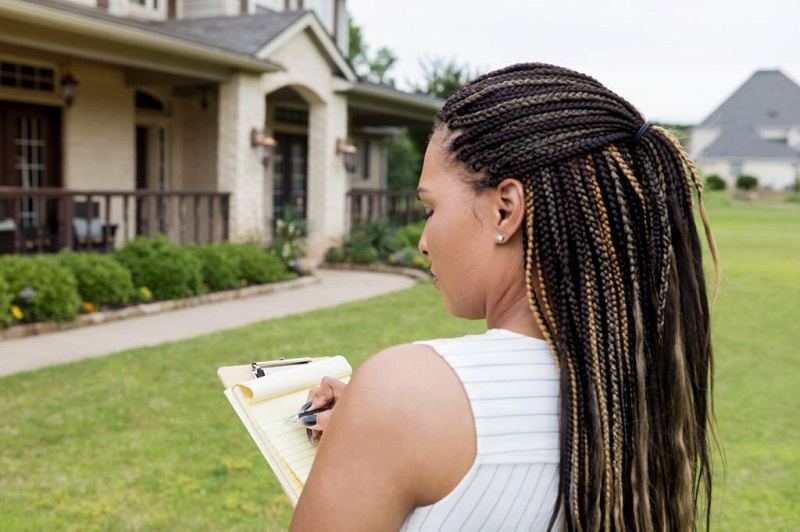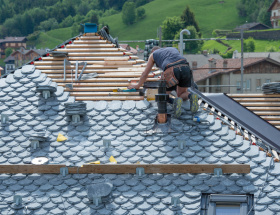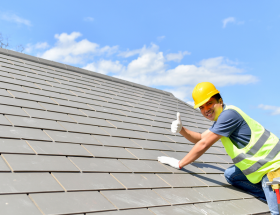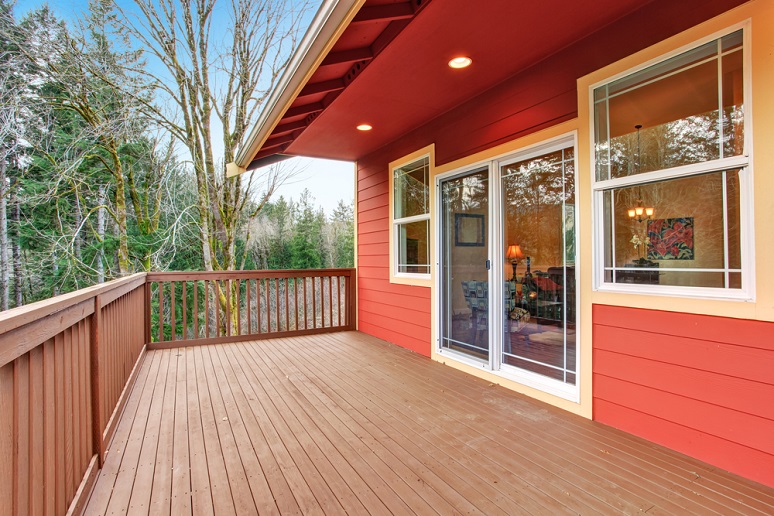A home is considered to be one of our most prized possessions. It may have taken you years to save enough money to buy one, not to mention the cautious budgeting and restraint of unnecessary purchases along the way. These are the reasons that made homeowners exert the needed time and effort in maintaining their houses’ condition. And this includes making their home free from any water damage.
It doesn’t matter if your home is big or small, all homes are not safe from water damage even if they are made from the highest-quality materials. The most usual causes of water damage are heavy rains, flooding, sewer backup, and overflow, faulty or damaged plumbing system. If you want to know how to avoid the consequences of water damage to your home, then keep on reading!
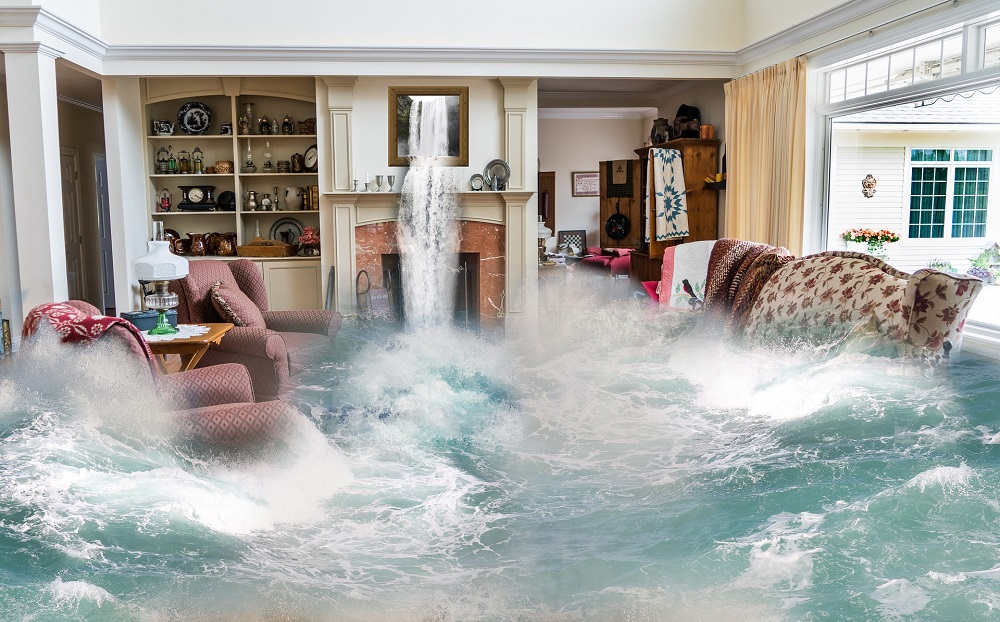
What are the repercussions of water damage to my home?
1. Brings prevalent mold and growth
Long exposure to water causes the growth of molds. If you don’t ask help from any professionals, molds can cause harm such as the following:
- Molds can destroy your belongings including your furniture, particularly luxurious ones which are very hard to clean and dry.
- Molds can wear out the structural foundation of your home. They can penetrate the insides of your walls without showing visible signs. At first, you may not notice the problems, but later on, your roof is sagging or your drywalls are beginning to weaken.
- Molds can affect your health. Long exposure and inhaling of molds can cause breathing problems, allergic reactions, asthma attacks and many more.
Don’t worry about this because you can be the one to clean and scrub off the molds by using cleaning tools and mold cleaner solutions and having the affected areas and furniture dry completely. However, if the mold manifestation is substantial and if you feel like you can’t really do it by yourself, then it’s advisable to seek professional help.
2. It can harm your appliances, wirings, and gas lines of your home
We can’t live properly if we don’t have electricity in our homes, right? And sometimes we don’t expect natural calamities to happen and homes may get affected by a recent flood or major water leakage that won’t allow you to use your power supply for the meantime.
Also, no matter how new your appliances are if they are exposed to water for a long time, they can be damaged. You don’t want to break the bank by buying new appliances, especially if your entire household is affected by water damage. Follow these tips for further precautions:
- Turn off all appliances and power sources that were affected by the water damage. This will prevent any electric shock or gas leak which may result in an explosion.
- Get a professional to inspect the scale of damage to your power lines and appliances and to repair what can be fixed before you can use them again.
- Go ahead and replace anything that’s beyond repair. Don’t use broken or damaged appliances as this may result in more disasters.
- Always have an emergency fund with you in case anything unfortunate occurs, especially if you are aware that your home is in a flood-prone area. Having no financial back-up during emergencies can leave you without any utilities for a long period.
3. Give a signal that you should move to another house
Although some water damage can be resolved by just cleaning all of your appliances and furniture, there are cases for some people where it can get to a point of moving to another house. In most cases, if a home is submerged in floodwater, calling for repairs and replacements may no longer be an option.
If you think you are experiencing any of the situations below, it may already be an indication to move to another house immediately.
- Cracks on the walls and foundation of your home, which may point out that the wind and water may have already affected the internal structures of your home.
- Shifted roofs or any leaning walls, which may fall down anytime.
- Slushy drywalls and sagging ceilings that can no longer be fixed, especially if molds are already visible.
If you think any of these is visible in your home, it can be practical to start from scratch instead or moving to another house. The amount is just the same when doing a complete repair of your home—taking a significant amount of time, effort, and resources. You will have to refurbish it and purchase new appliances just to make your home useful again.
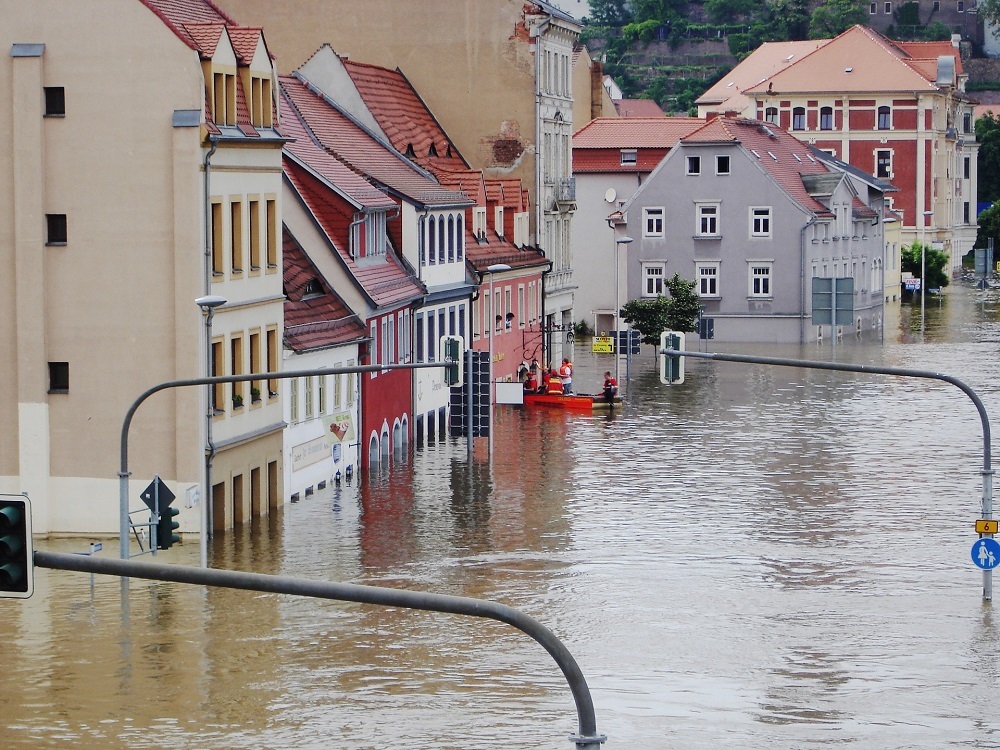
How can I protect my home from water damage?
There are simple ways you can do to prevent water damage in your home, such as:
#1. Break the connection of all your hoses. If your water hoses are not in use, it’s advisable to just disconnect them. Standing water in hoses during the winter months can turn to ice which can block your pipe and create cracks. These cracks, later on, can damage walls, floors, and foundation of your home.
#2. Inspect leaks and fix them immediately. Ignoring any leaks in your home can result to slowly but notable damage which will need costly repair and replacement costs. If you notice any signs of leakage in your home, then it’s better to call professionals and have them repaired right away. Remember that as fast as you can report and have these leaks repaired, the cheaper costs you’ll pay.
#3. Examine all of your appliances frequently. Give time in inspecting your appliances for any signs of leaks. Just make sure that you check them using the manufacturer’s guide to know how to do this.
#4. Keep an eye on your water bill. Your water bill is one of the best indications for water damage in your home. You can suspect your bill if it suddenly shoots up but your entire household uses the same amount of water every day, then it’s time to assess. Try to see if your roof is leaking or if there are any leaking pipes in your basement. Check also if your water fixtures are functioning well.
If you’d like to be a responsible homeowner, you have to regularly check and assess your home for any possible damage so you can have it repaired as early as you can. It may be a hassle to make it a habit especially if you have a large property but it’s worth the stress if this means you and your family can enjoy a safe and comfortable stay in your home for a lifetime, then why not do it?
About the Author: This article was written by Ivandrea Ollero, a resident writer for PAAL Kit Homes Australia, one of Australia’s kit home leaders that offers a range of flexible kit house designs options. Ivandrea writes information for people who want to achieve confidence in building their own homes.

